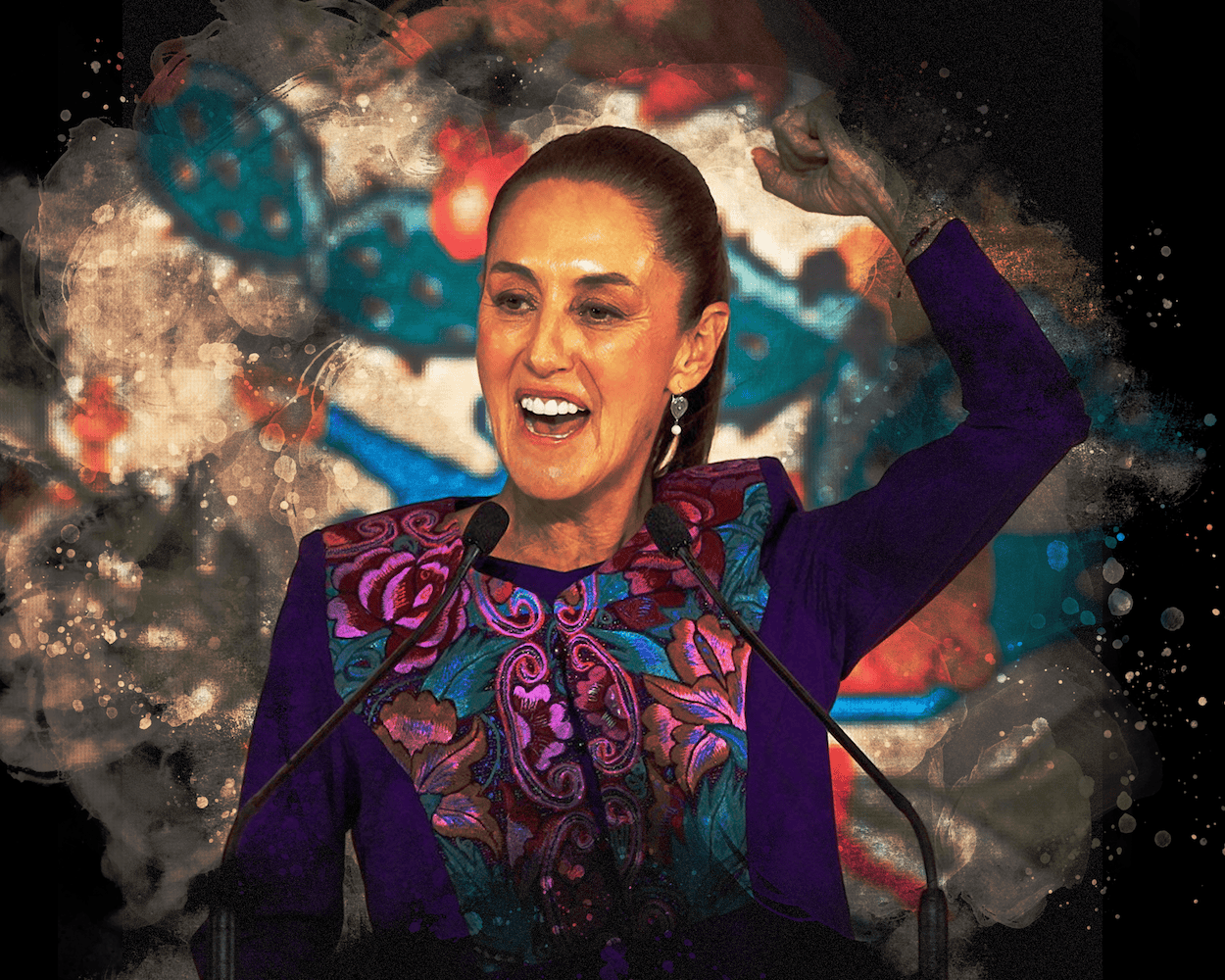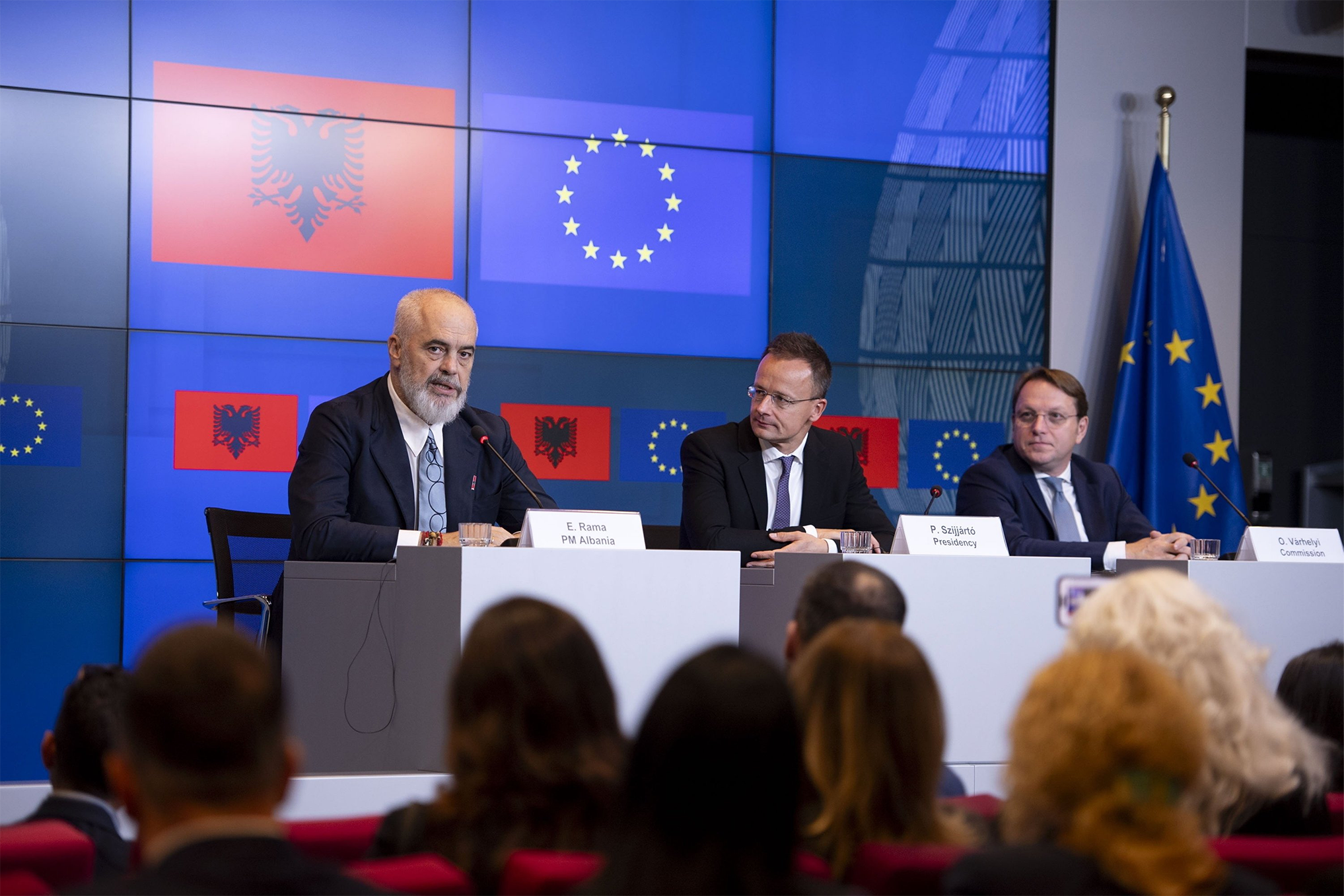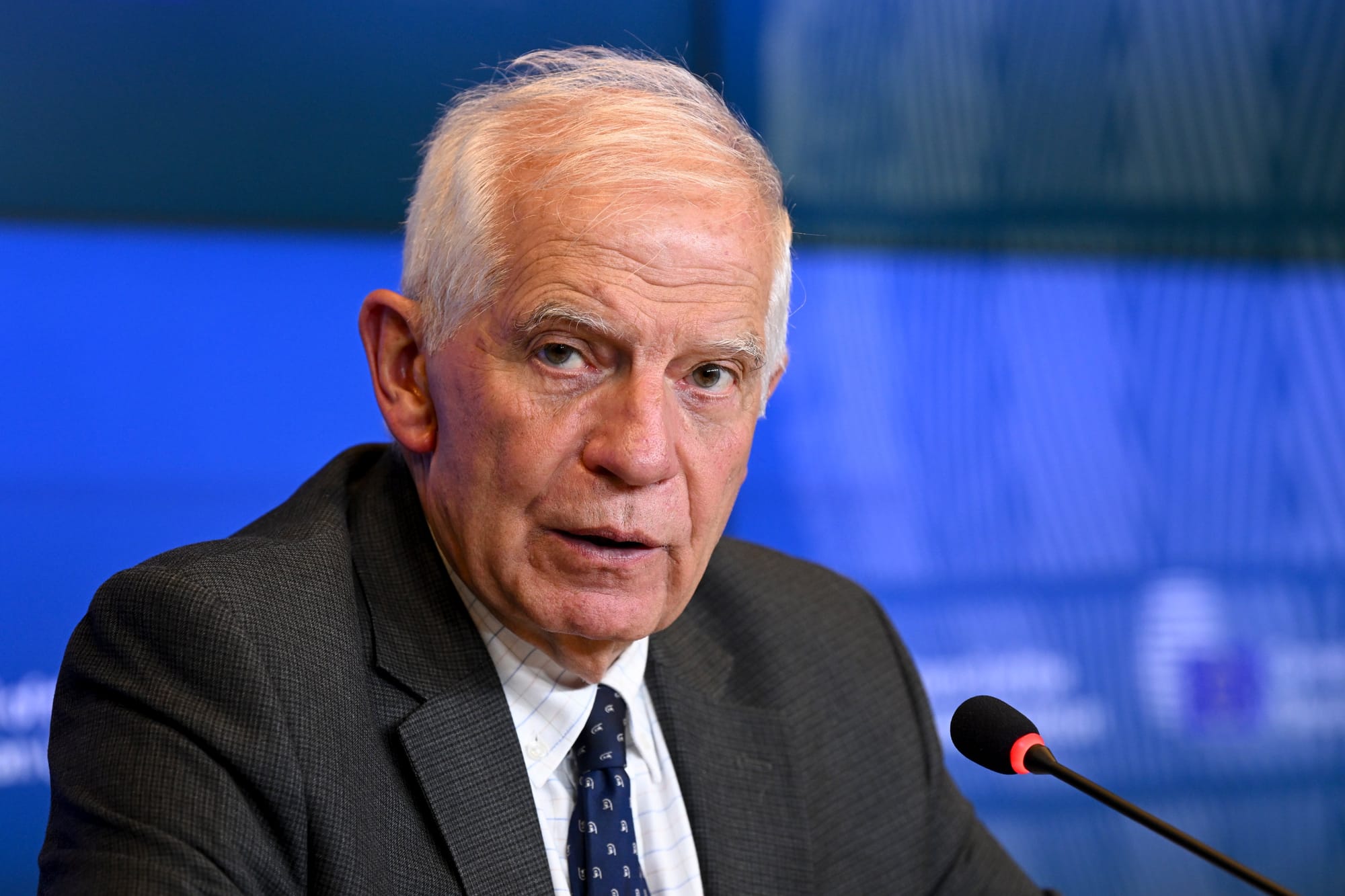In Brief
- Her closest rival, Xóchitl Gálvez, garnered between 26.6% and 28.6%.
- Sheinbaum’s victory marks a continuation of Andrés Manuel López Obrador’s leftist policies.
- The markets reacted negatively, with declines in key financial indices.
Situation Report
Claudia Sheinbaum, a prominent figure within Mexico's ruling party and former Mexico City's Mayor, has made history by becoming the country's first female president.
Official results from the National Electoral Institute (INE) indicate that she secured a commanding victory with a vote share between 58.3% and 60.7%. Her nearest competitor, Xóchitl Gálvez, managed to secure between 26.6% and 28.6%, while another contender, Jorge Álvarez Máynez, received between 9.9% and 10.8% of the votes.
Sheinbaum's victory is not just historic because of her gender; she is also Mexico's first Jewish president. Her win represents a significant endorsement of the policies of her predecessor and mentor, Andrés Manuel López Obrador (known also as AMLO by his initials). She has pledged to continue AMLO's initiatives, such as universal pensions for the elderly and youth apprenticeship programs.
Despite this milestone, the financial markets did not respond favourably. Key indices experienced notable declines, reflecting investor apprehension about the continuation of López Obrador’s - leftist to many- economic strategies. These concerns stem from the administration's handling of economic performance and issues related to cartel violence, which have been contentious points during López Obrador's tenure.
Even though Sheinbaum’s historic election as Mexico's first female president is a landmark achievement, reflecting significant progress in gender representation in a country with deeply rooted patriarchal structures, her leadership is expected to face challenges, particularly regarding gender violence and inequality.
Her tenure as mayor of Mexico City saw high levels of impunity in femicide cases and conflicts between feminist protestors and security forces. Critics argue that while her presidency represents a step forward for gender representation, substantial progress on these issues remains uncertain.















Discussion